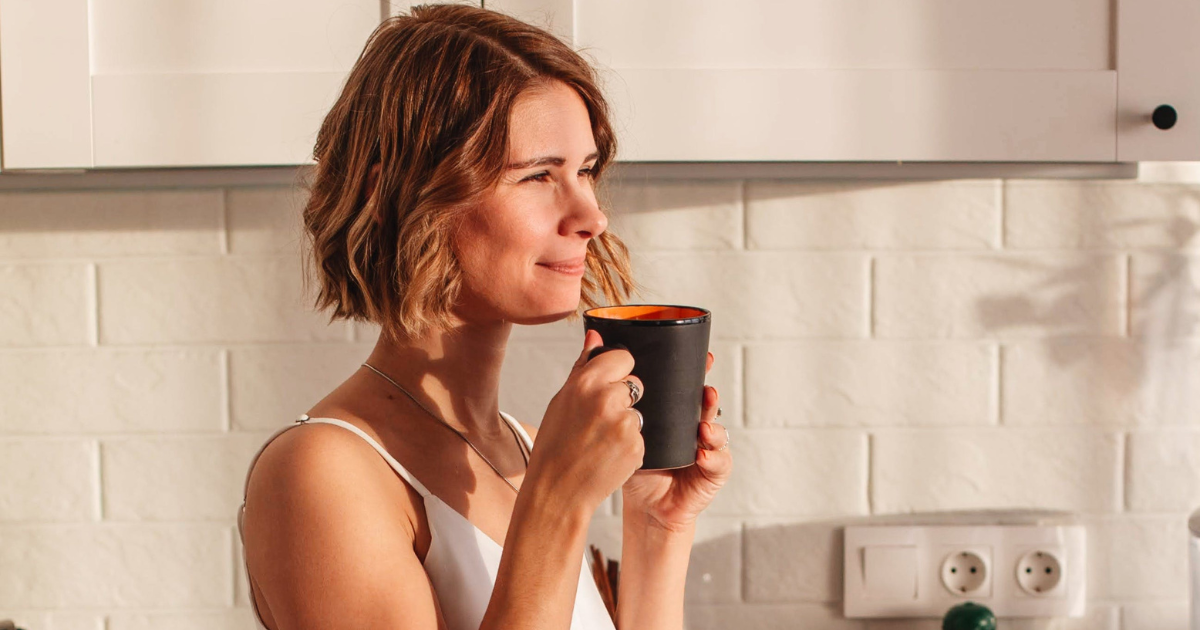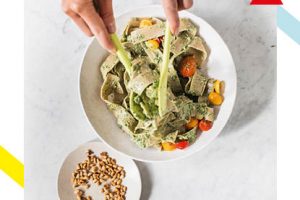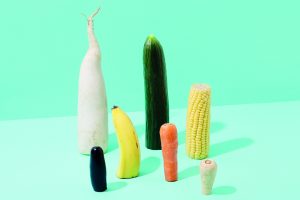Unveiling the Sweet Truth: Exploring the Safety of Non-Sugar Sweeteners

In the quest for healthier alternatives to sugar, non-sugar sweeteners are a popular choice for those seeking to satisfy their sweet tooth while reducing calorie intake. From Stevia to sucralose, these artificial and natural sugar substitutes have gained significant attention. However, as with any food ingredient, concerns regarding their safety have also arisen. In this article, we enlist the help of UK specialist registered dietitian, Nichola Ludlam-Raine as we delve into the world of non-sugar sweeteners and address the common misconceptions surrounding these intriguing sugar alternatives.
BALANCE: Can you start by telling us a bit about non-sugar sweeteners?
Nichola: Non-sugar sweeteners are a safe and tasty substitute for sugar. They are popular with those who are conscious of their weight and health as they provide a source of sweetness without the added calories. You will find them lots of everyday products like toothpaste, cough syrup, chewing gum and even ketchup, crisps and yogurts.
BALANCE: How do non-sugar sweeteners compare with sugar?
Nichola: Each sweetener approved for use in the UK has a unique taste and flavour, so you can choose the one that suits your preferences. Therefore, you might want to try different varieties to see which ones you like best. For example, if you’re in a cafe having a hot drink, try the sweetener that’s readily available and see how you get on with it. In terms of consumption of non-sugar sweeteners, listen to how you feel and, if you are experiencing adverse side effects, you can always cut down gradually, as everybody’s body is different, it’s a good idea to keep a food symptom diary to keep track of how you feel.
BALANCE: Can you tell us a bit more about the safety of non-sugar sweeteners?
Nichola: All 11 sweeteners available for use in the UK have been rigorously tested and approved by the European Food Safety Authority. According to the Acceptable Daily Intake (ADI) of non-sugar sweeteners, which helps assess safety levels, you would have to consume more than 16x 250ml cans daily of drinks before there was any chance of risk, which is far beyond what the average person would have.
BALANCE: Is there such a thing as over consumption of non-sugar sweeteners?
Nichola: It is widely known that too much sugar, fat and calories, in addition to genetics, can be linked to lifestyle diseases such as Type 2 diabetes, weight gain and stroke, but in the right quantities it’s fine. However, as it is cheap and hidden in so many foods, it is easy to over-consume. Non-sugar sweeteners can be a useful alternative. A small number of people experience migraines when consuming them, however for the overwhelming majority of people, non-sugar sweeteners are perfectly fine.
BALANCE: How can non-sugar sweeteners be used to stay hydrated?
Nichola: We should be drinking eight glasses of fluids every day to stay hydrated and it goes without saying that water is preferable when it comes to hydration. However, it’s important to be realistic and we know lots of people enjoy drinks which provide some sweetness too. Products such as diet drinks (including flavoured fizzy water) and squash with non-sugar sweeteners help keep you hydrated whilst allowing you to have something you enjoy minus the calories in a social setting.
In summary, as with any food or ingredient, moderation and a balanced diet remain key to overall health and wellbeing. These non-sugar sweeteners are rigorously tested and approved for consumption, and when used within acceptable levels can be a key component in reducing sugar intake and having a healthier diet.
To find out more about non-sugar sweeteners, please head over to the British Soft Drinks Association website.












